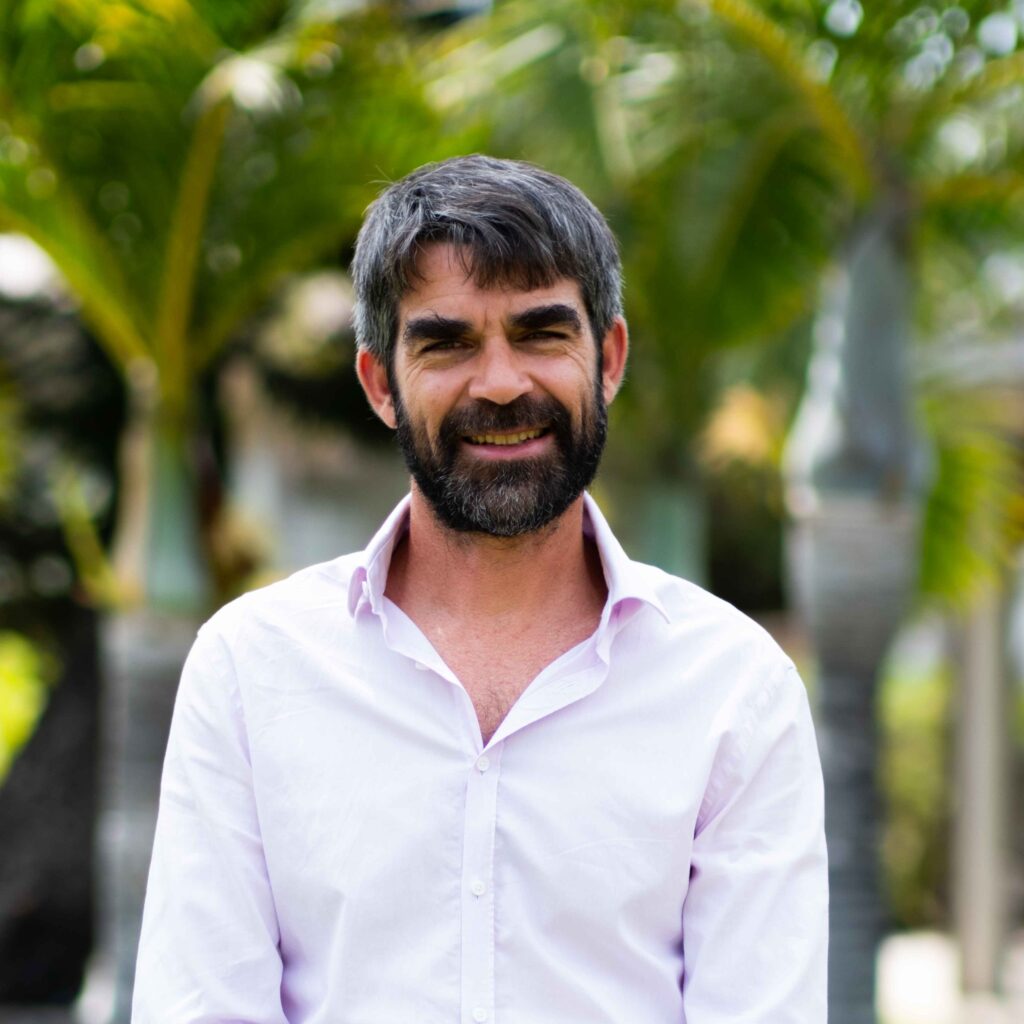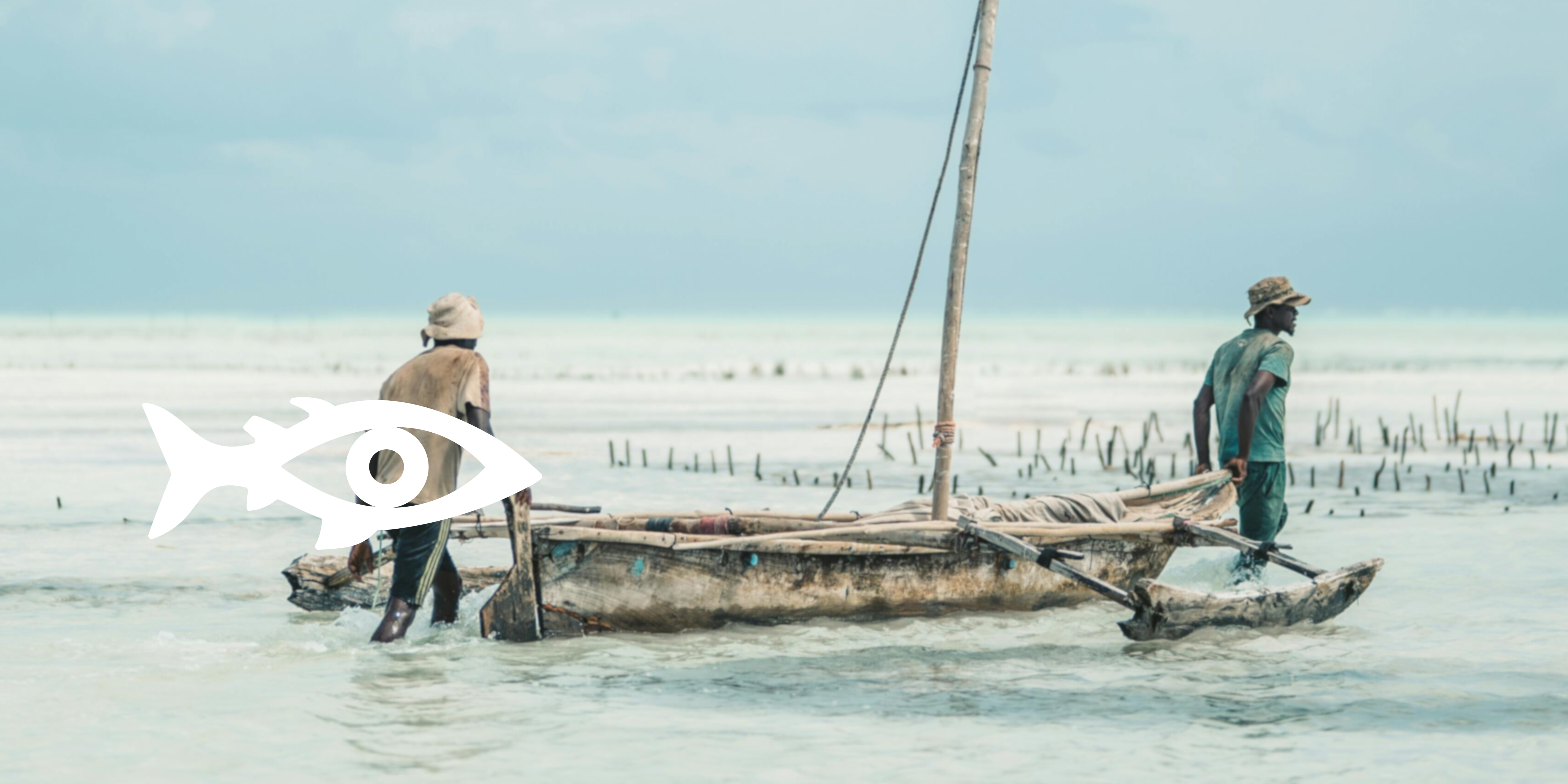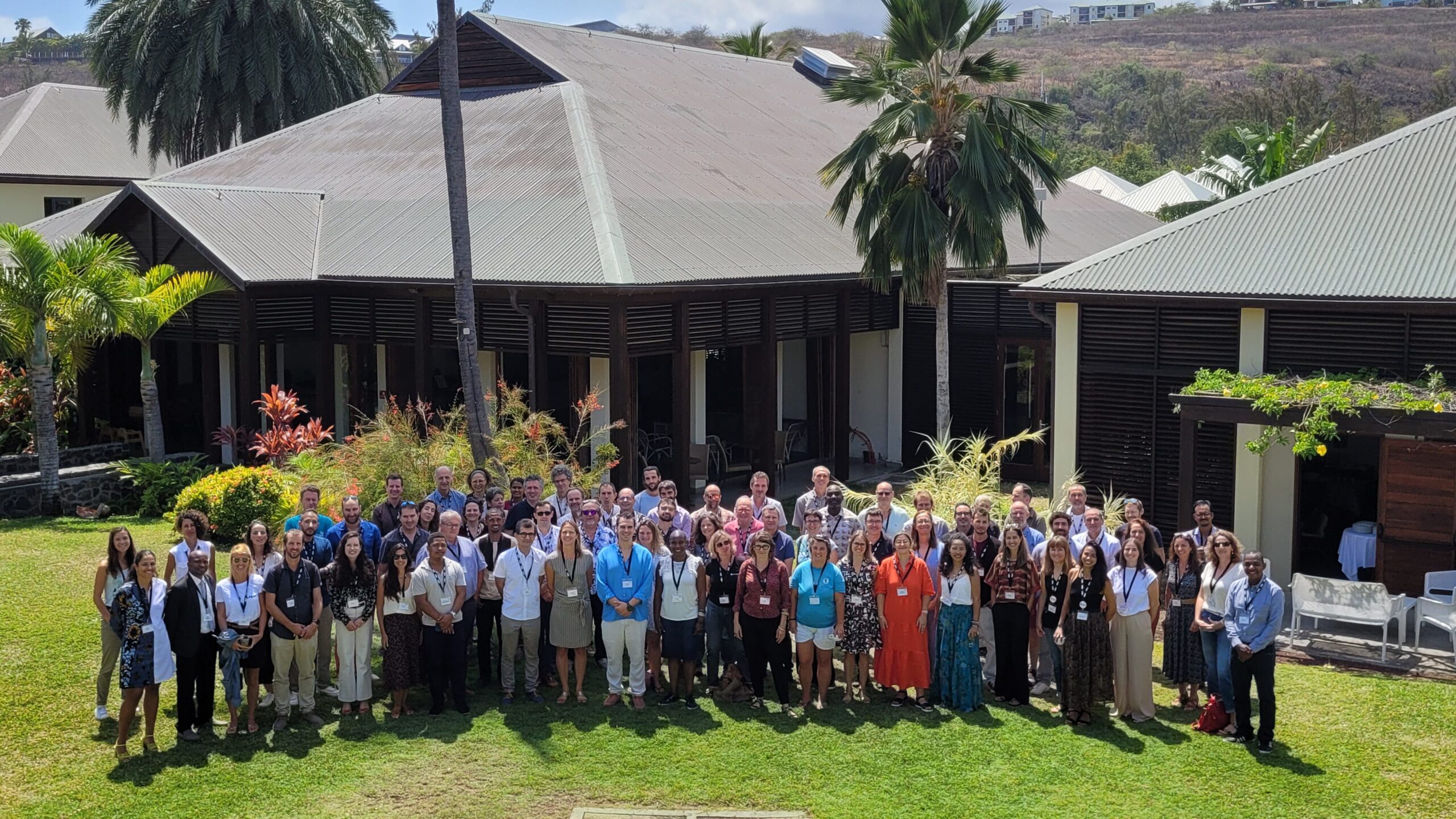
OOSC 2025 : A town hall meeting explores knowledge for marine biodiversity and small-scale fisheries
On June 5 from 12:45 p.m. to 1:45 p.m., Marc Léopold, co-leader of BRIDGES OBSERVATION, will host a town hall meeting as part of the OOSC entitled: “What knowledge do we want for conserving ocean biodiversity and securing small-scale fisheries?”.
Small-scale fisheries play a key role in the sustainability of coastal social-ecological systems and the preservation of marine biodiversity, while supporting the livelihoods of millions of people. Yet policy decisions are often based on fragmentary data. This town hall meeting aims to examine the types of knowledge needed for more equitable and sustainable ocean governance and marine resource management.
Drawing on FAO insights such as Illuminating Hidden Harvests, the SSF Summit 2024, events such as the Fourth World Small-Scale Fisheries Congress, and major international programs such as AABS and Small-Scale Fisheries Stewardship, the discussion will generate concrete recommendations at different scales. Key questions will be debated: What knowledge, and how can this knowledge be used to ensure a more equitable distribution of the socio-economic benefits of fishing and guarantee the livelihoods of vulnerable communities? How can knowledge be shared most effectively to inform decision-making?
Biosketch

Marc Léopold has a PhD in fisheries economics from the University of Western Brittany (UBO) and is assigned to the IRD at the ENTROPIE research unit (UMR 9220) as a fishery scientist. He investigates the dynamics of coastal fisheries systems in countries in the South, particularly in the South-West Indian Ocean where he was assigned from 2017 to 2021. More specifically his research focuses on social ecological interactions, resource and fisheries assessment methods,
fishery management effectivenesś, and governance processes with particular focus on spatial temporal dynamics. He uses interdisciplinary and transdisciplinary research approaches that involve collaboration with stakeholders and action-oriented projects. Applications include collaborative and participative monitoring methods of the status of fish and invertebrate resources and fishing activities in data-poor contexts with limited institutional and scientific capacities. Since 2020, he
has co-led the fisheries component of the Mikaroka International Laboratory in Madagascar.
More news News


